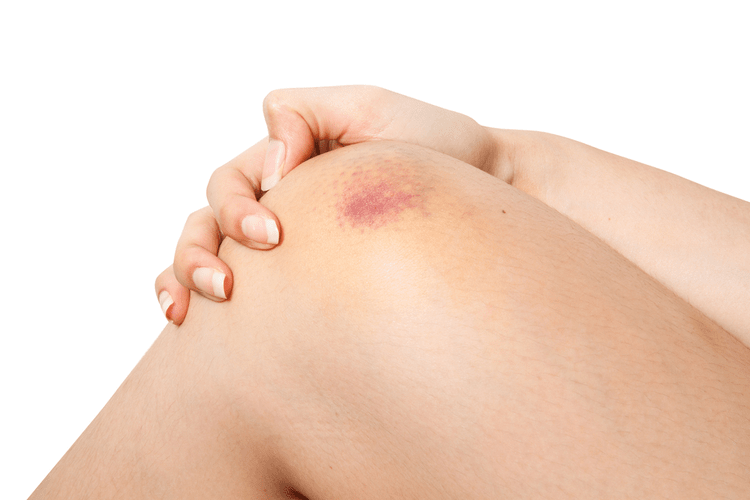How to Detox from Alcohol at Home
Some definitions of sobriety call for complete lifelong abstinence while others focus on developing coping mechanisms that can reduce harm with the understanding that setbacks are common. However, research suggests that while 12-step groups are effective, people often don’t continue their involvement at beneficial levels over the long term. These steps, when done with commitment, can result in sustained sobriety and the potential for you to live a healthy, productive, and substance-free life. Once you’ve admitted that you have a problem with substance misuse, getting help is the next step. Maybe you’ve tried to quit before, or maybe this is the first time that you feel like enough is enough—either way, you want to give sobriety your best shot.
What Is the Process for Starting a Detox Program?
- Medical supervision ensures that care is immediately available if serious symptoms arise.
- Nanci Stockwell of Advanced Recovery Systems discusses the risks of detoxing at home and the benefits of detoxing from alcohol and other drugs in a safe environment.
- This can cause some serious discomfort and in some instances, it can even be life-threatening.
- Not everyone comes from an encouraging and supportive home environment.
- However, medical treatment is necessary to treat major symptoms of withdrawal.
- I did my best to avoid triggers and I started to exercise regularly.
- Medical assistance is important to minimize adverse effects and ensure people make it through this stage.
Coaching, medical advice, online groups and communities, and medications are all accessible through smartphone-based rehab programs. This uses targeted doses of the drug naltrexone to help people reduce their cravings for alcohol. Many people find that they can eventually stop at one or two drinks as long as they are taking the medication. Eventually, many also find that they lose interest in alcohol, and become completely sober. If you’ve decided it’s time to give up alcohol for good, you’re certainly not alone. Over a million Americans seek treatment every year for alcohol addiction, and many eventually find lasting success.
Be Careful Around Detox
If you don’t know the person well, simply saying you have to get up early the next morning or you quit for health reasons should be enough. One study found that 68% of people treated in a detox unit experienced moderate alcohol withdrawal symptoms. You can expect certain alcohol withdrawal symptoms such as sleep disruption to occur, though some people can experience seizures and other severe symptoms. If you find it difficult to make new, sober friends, try joining a support group. Medical support can also wean you from certain substances slowly, helping the brain and body adjust to the loss of the substance more gradually and minimizing some withdrawal symptoms.
Step 7: Participate in Aftercare Programs
But there are some vitamins and minerals you can take that are often beneficial and help remove toxins. Some of these include B vitamins, multivitamins, vitamin C, vitamin E, and calcium. When you stop drinking alcohol suddenly, the body reacts with a series of withdrawal symptoms. These symptoms are painful, difficult to manage, and may last for weeks. Without any medication to help you through it, the process is even harder.
Is it Safe to Detox from Alcohol at Home?
Additionally, even if you didn’t wake up every day hungover, alcohol is detrimental to sleep, making you groggy regardless of how much you were drinking. This https://thecoloradodigest.com/top-5-advantages-of-staying-in-a-sober-living-house/ means that you start to actually get better sleep and feel more mentally alert. Staying sober is not necessarily easier or more difficult than getting sober.
Find Balance in Your Life

Detoxing at home usually takes longer because you should be cautious to avoid serious complications. Sober At Home provides confidential, private group addiction counseling services online for people Top 5 Advantages of Staying in a Sober Living House struggling with substance abuse. Reach out to us for the help you need from our licensed addictions counselors & specialists at a reasonable price from the privacy of your home.NO INSURANCE REQUIRED.

Alter what you drink

Yet recent evidence suggests that less than 50 percent of people use that method of recovery today. He credits the sense of community in his 12-step program with helping him stop using alcohol and drugs as well as keeping him from slipping back into a relapse. At her parents’ urging, Aymes went to detoxes, rehabilitation programs, outpatient facilities, and 12-step programs. “None of those things worked until I was able to have the desire to not want to drink, and to have the willingness to follow through with doing work on myself.” she says.
Practice Healthy Living
However, once you stop drinking, you realize that others don’t really seem to get what they want out of it either. In your quest for sobriety, you’ll have a moment where you in your wallet (or stare at your bank account) and suddenly notice how profitable you’ve been the last few weeks. When you’re drunk, you don’t really think about all the money you spend because it’s not just about the money on alcohol, but the money to get alcohol. Ubering to and from a bar alone can be costly, but without those trips, you’ll find yourself with a substantial savings quickly. If you are considering at-home detox, speak with your doctor before beginning the process. They can help you determine the best and safest action for your needs.
